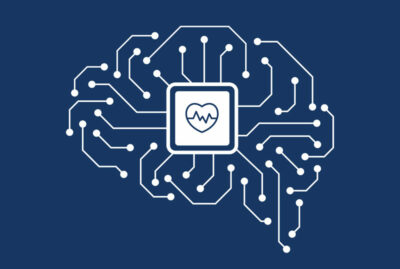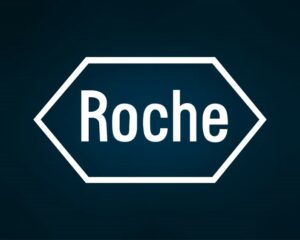New Research Sheds Light on NLP Adoption, Challenges, and Practices Across Healthcare, Financial Services, and other Vertical Markets
John Snow Labs, developer of the Spark NLP library, today announced the results of the first Natural Language Processing (NLP) Industry Survey, exploring how companies use NLP technologies. The survey was conducted by Gradient Flow, an independent data science analysis and insights provider.

“It’s especially encouraging to see that technical leaders understand the value of, and are increasing their investment in NLP technologies, especially when IT budgets are uncertain, due to the COVID-19 pandemic.”
The findings will be presented at the inaugural NLP Summit in a keynote presentation titled, “NLP Industry Survey Analysis: the industry landscape of natural language use cases in 2020.” Hosted by John Snow Labs, the first-ever applied NLP conference will take place online from October 6-16.
While the global survey included responses from a variety of industries, company sizes, stages of NLP adoption, and geographic locations, findings show that NLP budgets are growing consistently. In fact, 53% of respondents who are technical leaders indicated their NLP budget was at least 10% higher compared to 2019, with 31% stating their budget was at least 30% higher than the previous year. The same trend applies to large companies (those with more than 5,000 employees), in which 61% of respondents cited budget increases in 2020. These findings are especially significant, given the survey was conducted during the global COVID-19 pandemic – a time when most IT spending is on a downturn.
Other key findings include:
- A third of all respondents stated they use Spark NLP, making it the most popular free NLP library in this survey. This varied slightly within specific industries: Healthcare (Spark NLP), Technology (spaCy), Financial Services (nltk).
- More than 40% of all respondents noted accuracy as the most important criteria they use to evaluate NLP libraries.
- 77% of all survey respondents indicated that they use at least one of the four NLP cloud services listed (Google, AWS, Azure, IBM), with Google’s service garnering the most users.
- Despite the popularity of cloud-based services, cost and accuracy were key challenges companies face when using them.
- Data from files (e.g., pdf, txt, docx, etc.) and databases top the list of data sources used in NLP projects (61%).
- The four most popular applications of NLP are Document Classification, Named Entity Recognition (NER), Sentiment Analysis, and Knowledge Graphs. Respondents from healthcare cited de-identification as another common NLP use case.
“Natural Language Processing is a critical part of enterprise AI systems, and understanding where businesses are on the adoption curve, their main use cases, and the challenges they face, are paramount in optimizing all that NLP has to offer,” said Dr. Ben Lorica, Survey Co-Author and External Program Chair, NLP Summit. “It’s especially encouraging to see that technical leaders understand the value of, and are increasing their investment in NLP technologies, especially when IT budgets are uncertain, due to the COVID-19 pandemic.”
The full 2020 NLP Survey results can be downloaded here: https://gradientflow.com/2020nlpsurvey/. To further explore some of the most important trends and developments in NLP, join John Snow Labs and speakers from leading companies including Google, Microsoft, Roche, Intel, DocuSign, Kaiser Permanente, Amazon, Avaya, and others at the NLP Summit.
To register for free, visit: https://www.nlpsummit.org/registration/.
As NLP technology continues to evolve, innovations like Generative AI in Healthcare are set to play a critical role, empowering applications such as a Healthcare Chatbot to enhance patient interactions, streamline medical data processing, and support healthcare professionals with AI-driven insights.




























